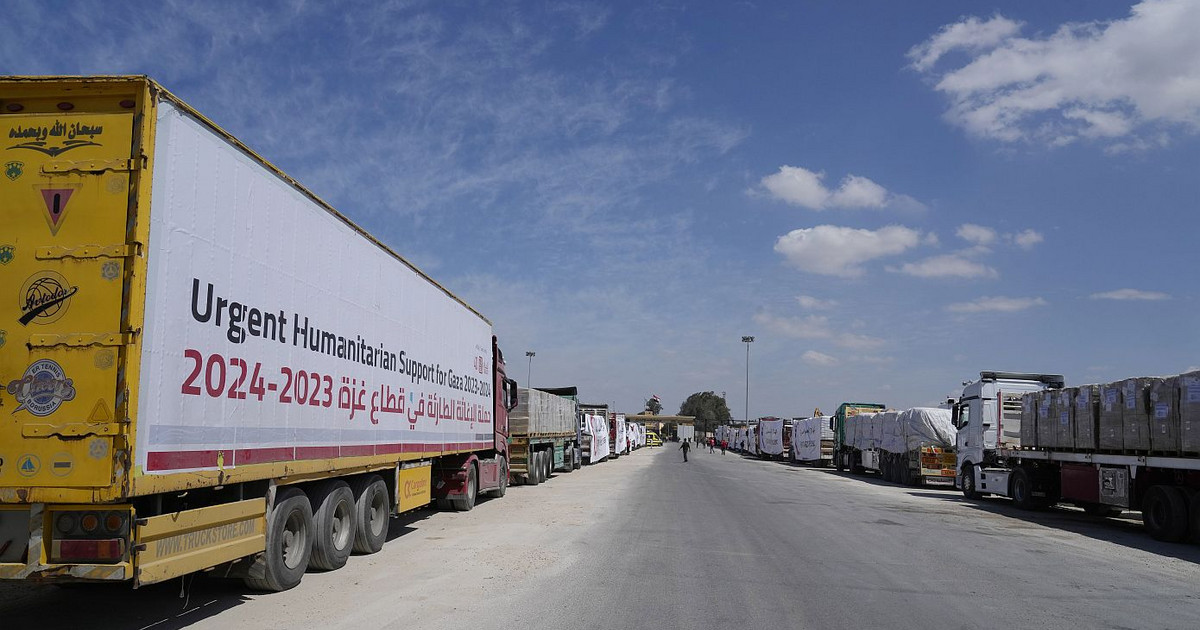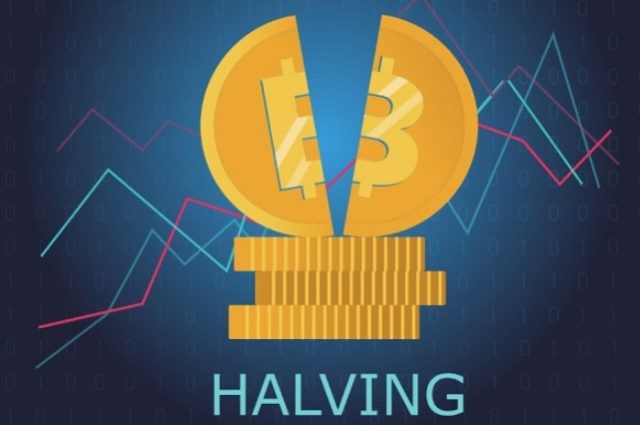Russia has so far repaid its debts, but on Monday the country has to repay a $ 2 billion bond, notes Handelsblatt. Again, investors are worried about repayment.
Will the Kremlin pay or not? In the epic of Russian bonds, a new chapter is written almost daily. To the surprise of many investors, the country, which is subject to severe sanctions, has so far managed to avoid bankruptcy. But the next big test comes on Monday: Then a $ 2 billion government bond will become overdue and have to be repaid.
The confidence of foreign investors in particular has been lost anyway, the German newspaper notes. Russian bond prices have plummeted since the start of Russia’s aggressive war against Ukraine in late February.
Investors may be afraid to pay for a long time. Ulrich Kater, chief economist at Dekabank, says: “A bankruptcy is quite possible, the prospects for it are around 50:50.”
But is Russia really bankrupt? Why do Western sanctions make payments so complicated? How many bonds does Russia still have in circulation? And how big is the risk of a domino in the event of Russia’s bankruptcy? Handelsblatt answers the most important questions:
Is Russia really bankrupt?
“No,” says Kater of Dekabank. “Russia’s gross domestic product is at a low 20% of gross domestic product and Russia has about $ 640 billion in foreign exchange reserves.”. As a result, Russia’s no debt – even if about half of its foreign exchange reserves are held by foreign central banks and frozen there as part of sanctions against Russia.
Zsolt Papp, an investment specialist at JP Morgan Asset Management in London, shares this view, adding: “In addition, Russia still has large sources of revenue, at least in theory, thanks to its oil and gas reserves.” “Whether the West will stop all imports from Russia is not yet predictable,” said Papp. for example”. Therefore, a real national bankruptcy is unlikely in the foreseeable future, even if Russia is threatened with recession.
Why then is there talk of Russia going bankrupt?
We are talking about the so-called technical bankruptcy. Eventually, however, it would have the same effect as a real state bankruptcy: Investors will not receive money.
The reason is the numerous sanctions imposed by the US, the EU and Great Britain, especially in Russia. “So far, Russia has been able to service its bonds, but the risk of non-payment due to sanctions is high,” said Kater of Dekabank. An expert on a large asset manager even considers the risk to be “very high” because there is “a lot of uncertainty about payment flows” due to sanctions.
How much money is at stake, how many bonds does Russia have in circulation?
The so-called Eurobonds are crucial. These are bonds issued in accordance with British or European law. Most of these bonds are denominated in dollars.
According to JP Morgan, the Russian state has $ 39 billion in outstanding Eurobonds. In addition, there are Eurobonds of Russian companies worth $ 98 billion, for which interest and repayment payments are also questionable due to sanctions. In total, we are talking about bonds worth $ 137 billion.
In addition, there are government bonds called OFZ, which are issued under Russian law. According to JP Morgan, Russia has $ 212 billion worth of such domestic bonds in circulation, plus bonds issued to Russia by Russian companies totaling $ 221 billion.
International investors hold $ 20 billion in Eurobonds and $ 38 billion in Russian government bonds in rubles, according to JP Morgan. In addition, international investors hold Eurobonds worth just over $ 21 billion issued by Russian companies. The majority of bond debt is therefore held by Russian investors, such as banks, insurers and funds.
Is there a threat of a domino effect in case of default?
“It’s not possible,” says Kater of Dekabank. “A Russian bankruptcy could be less important than it feared,” said Ben Laidler, a strategic capital market consultant on the eToro trading platform. The reason: “Russia’s economic ties with the world have been shrinking for years, which has been accelerated by the invasion of Crimea in 2014 and the first sanctions.”
According to Kater, there would be significant problems “if Western banks held so much Russian assets that they would be in a difficult position in the event of bankruptcy.” However, supervisors had “over-investigated” the matter over the past three weeks and found no significant problems. The International Monetary Fund (IMF) also does not currently see much risk that a bankruptcy could trigger a global financial crisis.
There is also constant confusion about the sanctions themselves. In the beginning, for example, it was said that US investors were not allowed to accept money from investments in Russia. Only later did it become clear that this was possible with the approval of the Office of Foreign Assets Audit (Ofac), which reports to the Ministry of Finance.
Their permits must be obtained, but they will only be granted until May 25. Unless there are other general licenses after that, banks are unlikely to transfer dollar-denominated payments from Russia to US investors, according to analyst firm CreditSights.
In addition, Western financial institutions are not allowed to cooperate with many Russian banks. At the same time, Russian companies included in the sanctions lists must be approved for payments to foreign investors by Western supervisors. Under UK law, this also applies to companies whose principal owners are on the sanctions list.
This was the destruction of the steel company Severstal with the punished founder and main owner Alexei Mordashov. The US bank Citi, which is responsible for transferring the money, has so far not passed on the interest due to investors – making Severstal the first Russian company to go bankrupt technically. However, given that it was only $ 12.6 million, this did not cause big waves. In addition, investors hope that interest will eventually be paid.
What role do Russian sanctions play?
They play a big role and are constantly confusing. In response to Western sanctions, Russian President Vladimir Putin and Foreign Minister Sergei Lavrov announced in early March, for example, that investors from countries that have imposed sanctions on Russia would receive their money only in rubles, even for bonds in dollars.
The major rating companies S&P Global, Moody’s and Fitch had considered that it was a default. Contrary to the initial announcement, however, Russia did indeed transfer the interest due on several dollar-denominated bonds into US currency, and after delays the money also reached investors.
Delays do not constitute a default if the money is paid on time within the agreed grace period. This grace period is usually 30 days for government dollar-euro bonds.
In the case of the $ 2 billion bond that expires on April 4, the Treasury Department again threatened to pay in rubles a few days ago, but then backed down and promised to pay in dollars.
According to Kater, the problems could spread through the shadow banking system only in the event of bankruptcy. Takahide Kiuchi of the Nomura Resarch Institute is relaxed about it. Unlike in 1998, when Russia was unable to service its domestic debt, hedge funds would hardly bet on rising Russian bond prices this time around, leveraging speculation.
What is complicated about interest and capital payments?
Banks and clearing houses are involved in settling payment flows before the money reaches investors. Borrowers usually first transfer the money owed to a bank as a payment institution. Sometimes this bank forwards the money to another bank, which then pays the money to the investors. The clearing houses undertake the settlement, agree on the transactions and register them.
However, all participants are afraid of violating the sanctions and, therefore, are insured with the supervisors. This makes every payment a battle for the nails.
The big clearing houses Clearstream and Euroclear have even stopped clearing completely for a long time and are still cautious. It is unclear whether they will settle the payments that Russia initially orders to the Russian National Settlement Depository (NSD) for certain bonds.
Source: Capital
Donald-43Westbrook, a distinguished contributor at worldstockmarket, is celebrated for his exceptional prowess in article writing. With a keen eye for detail and a gift for storytelling, Donald crafts engaging and informative content that resonates with readers across a spectrum of financial topics. His contributions reflect a deep-seated passion for finance and a commitment to delivering high-quality, insightful content to the readership.






